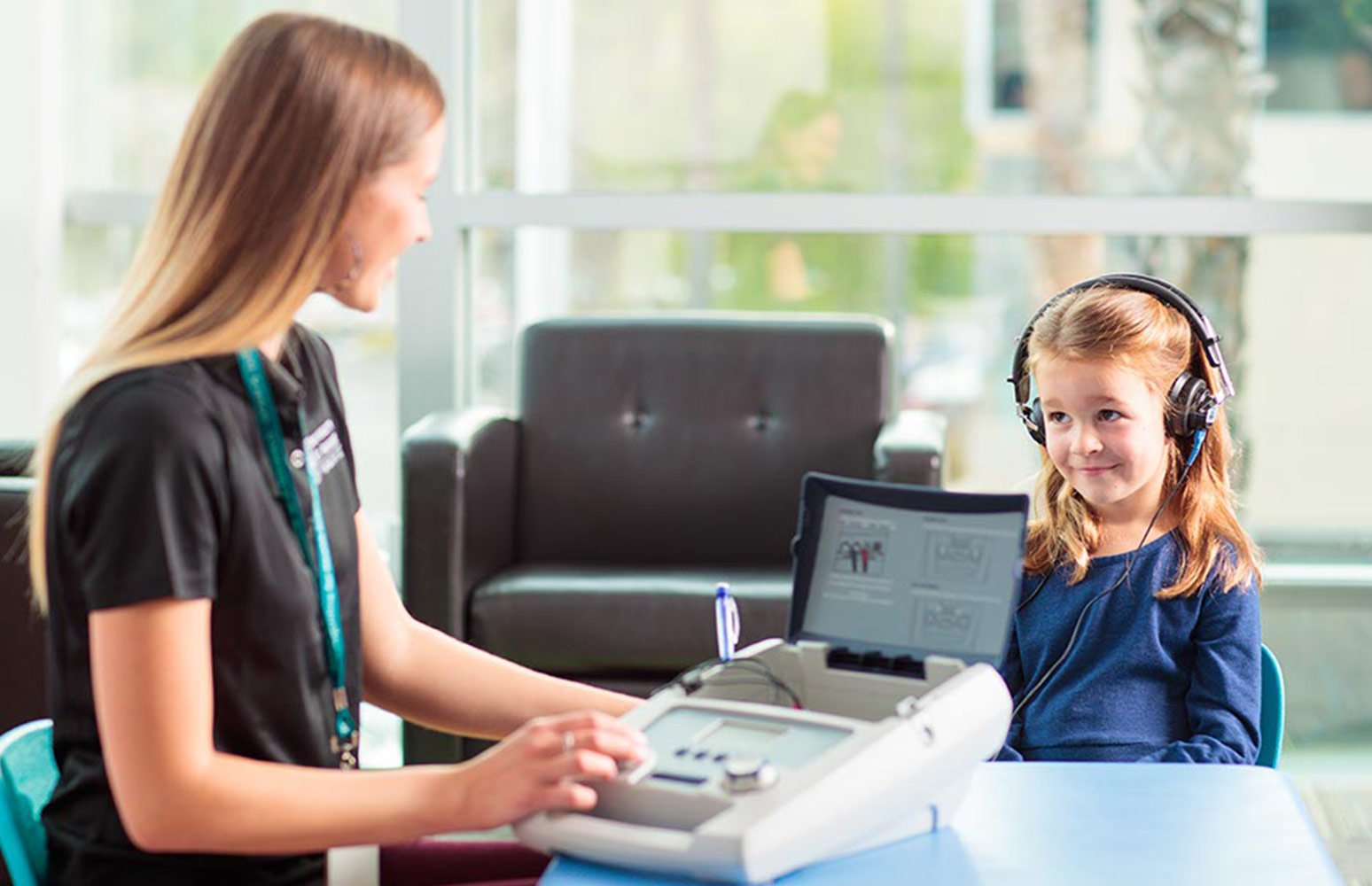Exactly How a Speech Pathologist Can Assist Improve Communication Skills
Efficient communication is a cornerstone of specialist and individual success, yet many individuals face challenges that hinder their capability to reveal themselves clearly. A speech pathologist is geared up to attend to these obstacles with targeted evaluation and intervention strategies customized to every individual's needs. By employing evidence-based therapeutic strategies, they not just work to improve speech and language problems yet likewise enhance total communicative capability. Recognizing the diverse role of a speech pathologist discloses just how their experience can change lives, inviting a more detailed examination of the particular methods and outcomes associated with their method.
Recognizing Communication Problems
Understanding interaction disorders is crucial for recognizing exactly how they impact individuals' capacity to express themselves and involve with others. Communication conditions incorporate a variety of troubles that affect speech, language, and social interaction, often impeding reliable interaction. These disorders can develop from different factors, including neurological problems, developmental delays, physical problems, or psychological issues.
Speech conditions might manifest as problems in expression, voice, or fluency manufacturing, influencing just how words are pronounced or talked. Language disorders, on the other hand, involve obstacles in understanding or utilizing language, which can impede both spoken and non-verbal interaction. Social communication conditions are identified by troubles in the practical facets of communication, such as taking turns in conversation or understanding social cues.
The consequences of communication conditions are profound, affecting not only the person's ability to convey feelings and ideas yet additionally their social relationships, academic chances, and general lifestyle. Understanding of these problems can cultivate compassion and support, motivating effective approaches for interaction and involvement. Comprehending the complexities of communication disorders is a critical action in the direction of advertising inclusivity and addressing the requirements of those impacted.
Function of a Speech Pathologist
Speech pathologists frequently play a vital duty in treating and diagnosing interaction problems, utilizing a series of evidence-based techniques customized to every individual's needs. These specialists collaborate with people throughout the life expectancy, from children with speech hold-ups to adults recuperating from strokes or traumatic mind injuries. Their experience incorporates a range of communication problems, consisting of expression, language, voice, and fluency conditions.
In therapeutic setups, speech pathologists utilize organized interventions made to improve communication skills. They might implement approaches such as speech exercises, language video games, and social communication training to promote improvements in meaningful and receptive language capacities. Speech Pathologist. Furthermore, they enlighten clients and their households concerning efficient interaction techniques and adaptive approaches to navigate day-to-day interactions
Beyond direct treatment, speech pathologists collaborate with other medical care caregivers, teachers, and specialists to ensure a detailed strategy to therapy. They advocate for clients by offering sources and support, allowing individuals to accomplish their interaction objectives and boost their overall lifestyle. As professionals in the area, speech pathologists are necessary in cultivating effective communication, promoting independence, and improving social involvement for those with communication difficulties.
Assessment and Diagnosis Process
The assessment and diagnosis process conducted by speech pathologists usually includes a detailed analysis to identify communication disorders accurately. This process starts with a detailed medical history, where the clinician collects significant information about the individual's clinical, instructional, and developing background. Understanding the context of the individual's interaction difficulties is vital for a precise medical diagnosis.
Complying with the medical history, speech pathologists use casual analyses and standard examinations to review numerous elements of communication, including speech audio manufacturing, language comprehension, meaningful language, and social interaction skills. These analyses are customized to the person's age and certain issues, offering important data for evaluation.
Observation is additionally an important element of the assessment procedure, as it allows the medical professional to see firsthand just how the individual connects in natural settings. In addition, interviews with member of the family and educators can offer understanding into the person's communication obstacles throughout different atmospheres.
Once the analysis is complete, the speech pathologist manufactures the findings to figure out a diagnosis and recommend proper treatments. This extensive learn the facts here now assessment process makes certain that individuals get targeted assistance tailored to their special interaction needs, laying the foundation for reliable restorative approaches.
Therapeutic Methods and Approaches
Numerous therapeutic methods and approaches are employed by speech pathologists to attend to a selection of interaction disorders efficiently. One extensively made use of method is expression treatment, which concentrates on fixing speech seems with rep and aesthetic cues. This technique is especially useful for people with speech audio problems.
An additional effective strategy is language intervention, which enhances both expressive and receptive language skills. This may involve interactive activities that promote vocabulary development, sentence structure understanding, and conversational skills. Furthermore, speech pathologists commonly use social skills training to improve pragmatic language abilities, enabling individuals to browse social interactions more effectively.
Fluency shaping and stuttering alteration strategies are especially created to help those experiencing fluency conditions. These techniques assist clients develop smoother speech patterns and manage the emotional and physical components of stuttering.
Furthermore, alternative and augmentative communication (AAC) systems are used for individuals with extreme communication impairments. These systems, which can consist of motions, signs, or electronic devices, give crucial assistance for efficient communication.
Benefits of Speech Treatment

In addition, speech treatment can help in developing important listening and understanding abilities, promoting much better interaction in discussions. People with cognitive-communication problems can likewise benefit, as treatment focuses on strengthening memory and analytical capabilities, vital for reliable interaction.
One more crucial aspect is the psychological assistance offered throughout therapy sessions. Speech pathologists create a secure atmosphere, motivating individuals to conquer anxiousness and stress pertaining to their interaction issues. This support can bring about enhanced self-worth and general psychological wellness.
Moreover, very early intervention with speech therapy can stop further problems, making sure that individuals reach their full communicative possibility. Generally, the advantages of speech therapy expand beyond simple speech improvement, positively why not look here influencing various dimensions of life for those influenced by communication problems.
Verdict
In summary, speech pathologists play a critical function in dealing with interaction disorders with analysis, medical diagnosis, and tailored restorative treatments. By employing evidence-based techniques, these experts boost individuals' my response speech and language capacities, promoting enhanced quality, fluency, and social communication skills. The benefits of early treatment emphasize the importance of seeking support from speech pathologists, as their competence can substantially boost communicative potential, ultimately resulting in higher success in both individual and specialist spheres.

Speech pathologists often play an essential role in identifying and dealing with communication conditions, employing a variety of evidence-based strategies customized to each individual's requirements. As professionals in the area, speech pathologists are crucial in fostering effective communication, advertising freedom, and enhancing social participation for those with interaction challenges.
